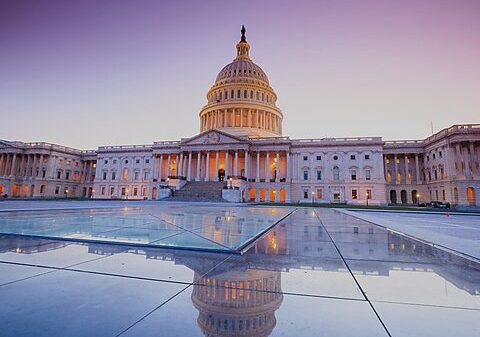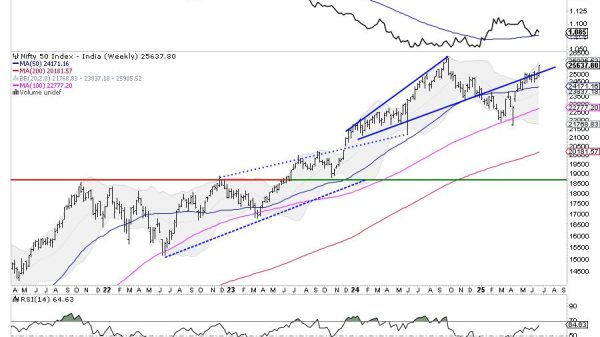A recent Guardian article argued that “rampant climate misinformation is turning the crisis into a catastrophe” and favorably cited climate experts who called for the “criminalization” of such climate “greenwashing.” The LA Dodgers claimed that they had denied Immigration and Customs Enforcement (ICE) agents access to their stadium grounds, while ICE denied its agents were even there, joining a series of news stories discussing the spread of immigration-related misinformation. Also, former President Obama recently warned that efforts to “flood the zone with so much untruth constantly that at some point people don’t believe anything,” and he also called for “some government regulatory constraints” on online platforms.
A quick search of the news on any given day will find plenty of problematic or dangerous misinformation being reported. Whether it be claims that our world or society is threatened by a lack of “correct” information or specific examples of misleading or false information, it’s easy to get the impression that misinformation is powerful and rampant.
I recently published a new Policy Analysis on the “Misleading Panic over Misinformation” that directly addresses this issue. The key findings of the report are:
- Misinformation is a highly subjective issue that makes research and policy in this area poorly defined and subject to bias.
- The power and spread of online misinformation are not as severe as commonly assumed. The most worrisome forms of misinformation are still relatively small, limited in their impact, and often gathered in communities that are already biased toward believing it.
- The worry, then, around misinformation is largely the same as moral and elite panics throughout history, in which those with power fear giving greater expression and power to the common person.
- Rather than a top-down and centralized approach to fact-checking the many difficult topics discussed within our societies, tech companies may be better off embracing greater user control, more decentralized moderation, and interventions that support intellectual humility.
- US policymakers should keep government out of the business of trying to directly or indirectly regulate or research misinformation, because government power will inevitably be used to advance its own viewpoint and silence its opponents.
So, next time you are told that powerful misinformation is everywhere, threatens our society, and requires government intervention to solve, take a step back from the panic and trust that greater expression is the best way to discover truth, debate difficult topics, and make progress as a society.
















